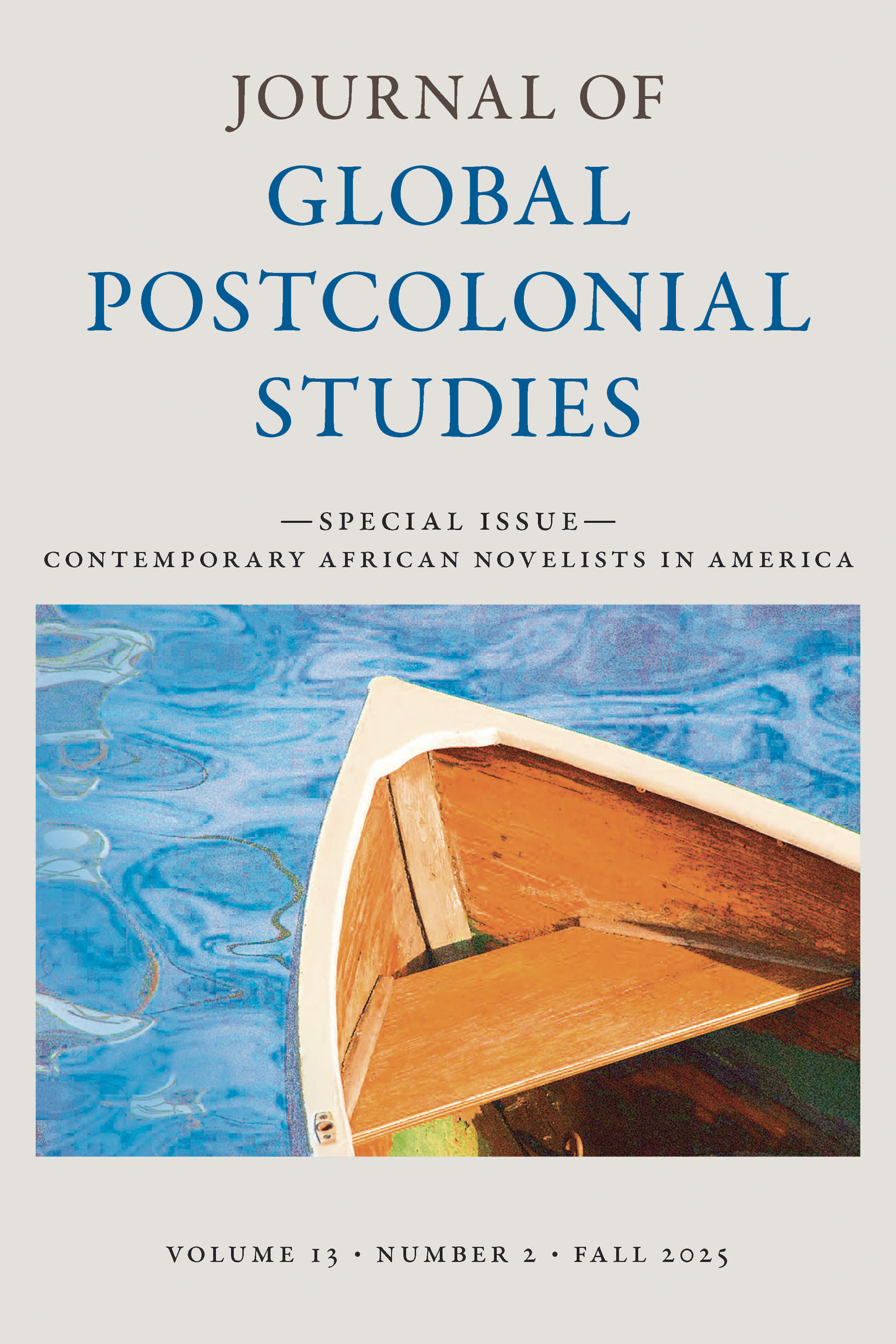New African Diaspora Modes of Self Writing Memory, Racialization, and Autofictionality in Tope Folarin’s A Particular Kind of Black Man
Main Article Content
Abstract
In this paper, I argue that the use of autofiction in the works of contemporary African writers in America can be understood broadly as a new African diaspora mode of self-writing. It can also be thought of as a creative attempt at self-interpolation or self-inscription into Black diasporic subjecthood in America. I also argue that autofiction (as a kind of self-writing) in the works of these authors (such as Akwaeke Emezi, Chinelo Okparanta, Tope Folarin, Teju Cole) opens up possibilities for thinking about a new African diasporic subjectivity that is constitutive of and yet distinct from both “native” American and continental African Blackness. I propose that by approaching self-writing as one of the apparatuses of reading the new African diaspora in America, we are able to see its narrative not simply as another facile immigrant story but as a distinguished (even if emerging) literary tradition in its own right. Specifically, in this paper, I analyze Tope Folarin’s debut novel, A Particular Kind of Black Man. I explore the journey of the novel’s protagonist to diasporic selfhood under harsh conditions of racialization in America. I examine how Folarin uses this novel to recast the autofictional self against dominant racial and class structures in America. I argue that if autofiction is an attempt at writing the self and making the subject, then it is invariably about memory, because memory is always at the heart of the construction of personal and collective identity. Hence, I propose that an understanding of autofiction as a mode of self-writing allows us to make better sense of the profuse attention given to the subject of memory in A Particular Kind of Black Man. Overall, this paper argues that, in writing his particulate Black self into existence, Folarin adds to the conversation about the heterogeneity of Blackness as well as the many constellations of African diasporas in today’s America.

